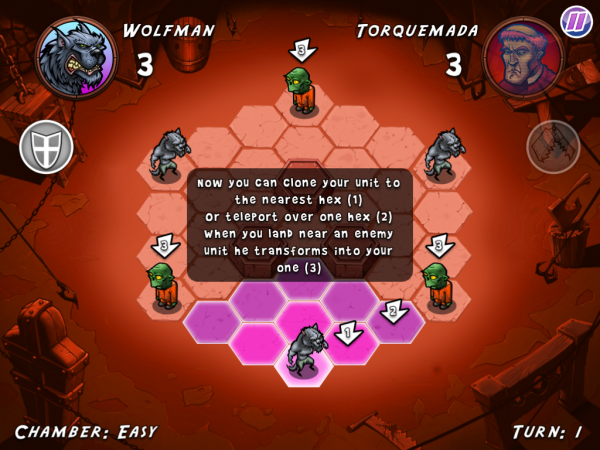


It likely evolved at least in part to suppress the development of cancer by limiting the capacity of cells to keep dividing. Scientists are careful to note that cell senescence can be useful. “It followed the usual pattern of major discoveries in science, where the discoverer is first ridiculed and then somebody says, ‘Well, maybe it works’ … then it becomes accepted to some extent, then becomes more widely accepted.”Īt this point, he says, “the field that I discovered has skyrocketed to an extent that’s beyond my ability to keep up with it.”

A paper he authored with colleague Paul Moorhead was rejected by a prominent scientific journal, and Hayflick faced a decade of ridicule after it was published in Experimental Cell Research in 1961. The finding, Hayflick says, challenged “60-year-old dogma” that normal human cells could replicate forever. The phenomenon was later called “the Hayflick limit.” What was surprising was that others also stopped dividing at the same point. This wasn’t a big surprise cell cultures often failed because of things like contamination. He discovered cellular senescence by accident, cultivating human fetal cells for a project on cancer biology and noticing they stopped dividing after about 50 population doublings. This scientific renown didn’t come easily. Before him on the living room table are numerous copies of his seminal book, “How and Why We Age,” in various languages. He's a professor of anatomy at the University of California, San Francisco, and continues to write, present and speak on the topic.Īt his seaside home in Sonoma County, he leafs through a binder filled with his research, including two early papers that have been cited an astonishing number of times by other researchers.

Leonard Hayflick, the scientist who discovered cellular senescence in 1960, is himself vital at 94. “I’m looking for the fountain of not being sick when I’m older.” “I’m not looking for the fountain of youth,” Wiley says. And research offers tantalizing clues that people may be able to help tame senescence themselves using the strategy favored by Soller: exercise.Īlthough no one thinks senescence holds the key to super long life, Tufts University researcher Christopher Wiley hopes for a day when fewer people suffer fates like his late grandfather, who had Alzheimer's and stared back at him as if he were a stranger.
#Zombie quest boise plus#
According to an Associated Press analysis of an NIH research database, there have been around 11,500 total projects involving cellular senescence since 1985, far more in recent years.Ībout 100 companies, plus academic teams, are exploring drugs to target senescent cells. With the number of people 65 or older expected to double globally by 2050, cellular senescence is “a very hot topic,” says Viviana Perez Montes of the National Institutes of Health. Extending the span of healthy years impacts “quality of life, public health, socioeconomics, the whole shebang.” “The ability to understand aging – and the potential to intervene in the fundamental biology of aging – is truly the greatest opportunity we have had, maybe in history, to transform human health,” LeBrasseur says. They accumulate in older bodies, which mounting evidence links to an array of age-related conditions such as dementia, cardiovascular disease and osteoporosis.īut scientists wonder: Can the zombie cell buildup be stopped? But as the Mayo Clinic's Nathan LeBrasseur puts it, they can harm nearby cells like moldy fruit corrupting a fruit bowl. It’s built upon the idea that cells eventually stop dividing and enter a “senescent” state in response to various forms of damage. But scientists are trying to change that - and tackle one of humanity's biggest challenges - through a little known but flourishing field of aging research called cellular senescence. It's a goal that eludes so many that growing old is often associated with getting frail and sick. Soller, who lives near Cincinnati, has achieved an enviable goal chased by humans since ancient times: Staying healthy and active in late life. He proudly proclaims he’s never used it he’s been too busy training for competitions, such as the National Senior Games. Steps away is an expensive leather recliner he bought when he retired from Procter & Gamble with visions of relaxing into old age. Without a hint of breathlessness, he says: “I can put in miles down here.”
#Zombie quest boise full#
In an unfinished part of his basement, 95-year-old Richard Soller zips around a makeshift track encircling boxes full of medals he’s won for track and field and long-distance running.


 0 kommentar(er)
0 kommentar(er)
